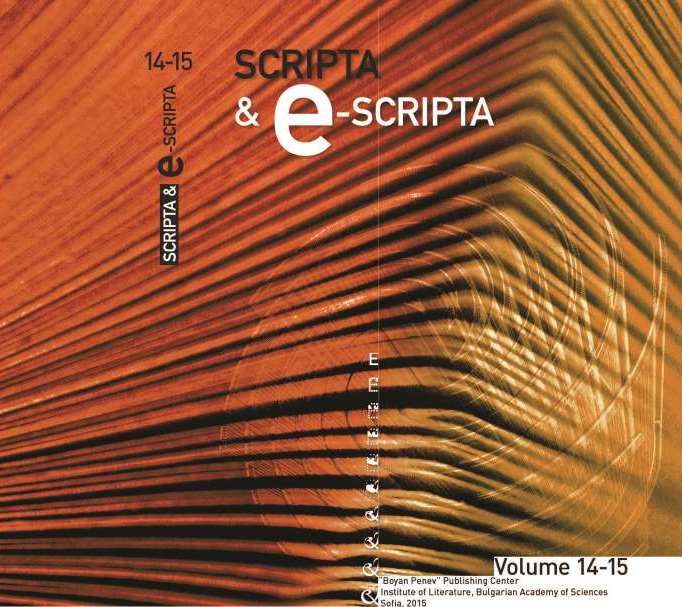
We kindly inform you that, as long as the subject affiliation of our 300.000+ articles is in progress, you might get unsufficient or no results on your third level or second level search. In this case, please broaden your search criteria.




![Jan Stradomski. Rękopisy i teksty. Studia nad cerkiewnosłowiańską kulturą literacką Wielkiego Księstwa Litewskiego i Korony Polskiej do końca XVI wieku. [Krakowsko-Wileńskie studia slawistyczne. T. 10.] Kraków 2014](/api/image/getissuecoverimage?id=picture_2015_26661.jpg)
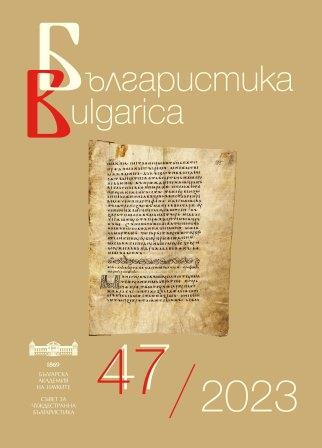

Defended PhD theses in Bulgaria in the field of linguistics, literature, history, folklore, ethnography and art studies
More...



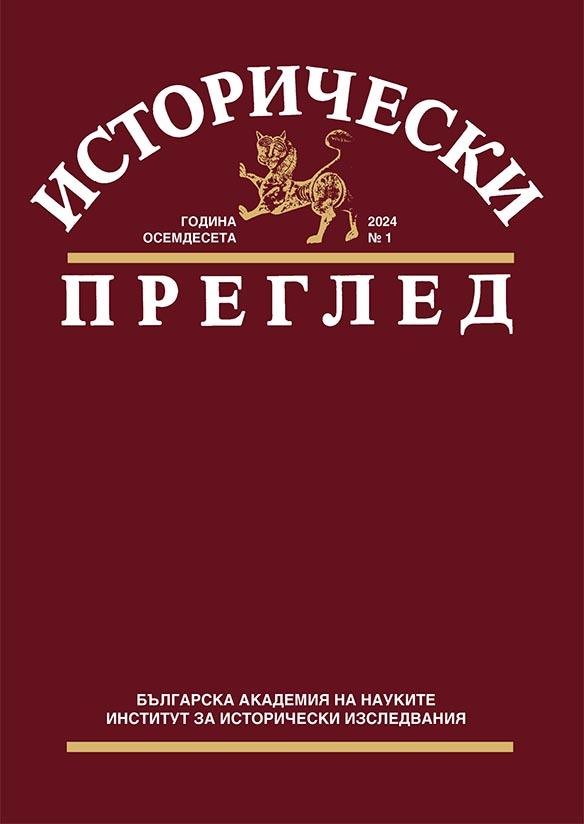
The study addresses the organizational and status-related aspects of the card file and archive of State Security during the period 1950–1954. It explores the structural and functional developments within the sections and departments directly associated with these components. The analysis encompasses internal normative documents governing the entire document life cycle, from compilation and registration to circulation, archiving for operational use, and historical archiving. The essay emphasizes the significance of this archival complex as a repository of retrospective documentary information and a foundational source for researchers.
More...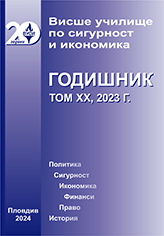
The present article reveals the mimicry of feudal political privileges in their new dimensions in the nineteenth century – censorial privileges. The main censorial privileges (property, education) that became most widespread in the 19th century are examined. Some more significant conclusions are also drawn about the nature and structure of some of the more significant censorial privileges in contemporary societies.The present article reveals the mimicry of feudal political privileges in their new dimensions in the nineteenth century – censorial privileges. The main censorial privileges (property, education) that became most widespread in the 19th century are examined. Some more significant conclusions are also drawn about the nature and structure of some of the more significant censorial privileges in contemporary societies.
More...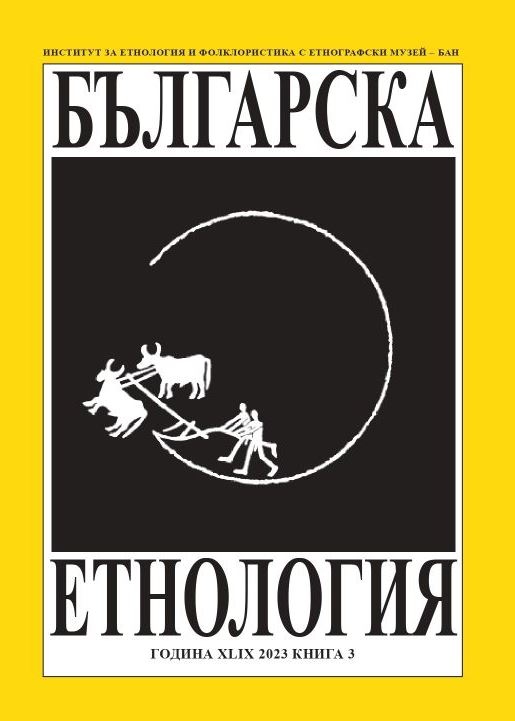
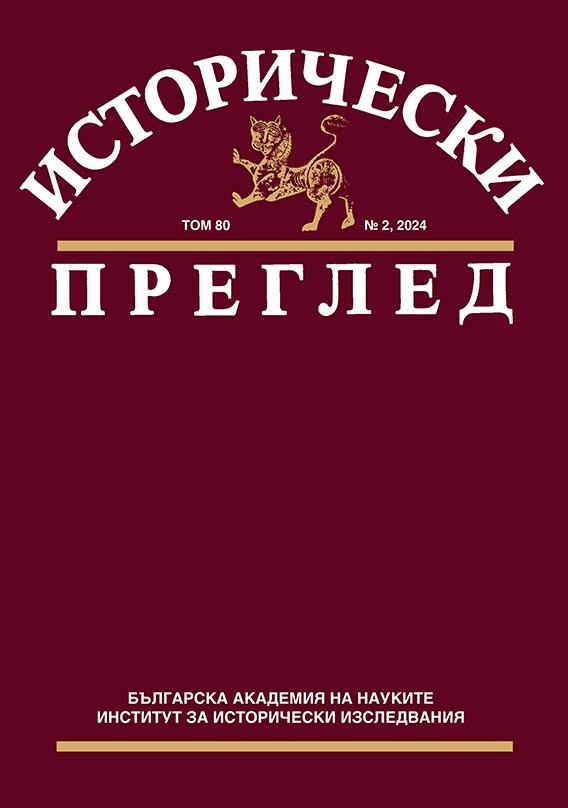
The prevailing consensus among scholars regarding the history of the Eastern Roman Empire asserts that the term “Byzantium” did not function as the name of the state until the mid-16th century. It is widely acknowledged that this designation, along with “Byzantine Empire”, was first introduced by the German historian and humanist Hieronymus Wolf in his “Corpus Historiae Byzantinae” in 1557. Some scholars go further to suggest that these terms were entirely coined in the 16th century. In recent years, the same information, perceived as an axiom, has been reproduced by professional historians and amateurs alike on television, in newspapers, or through social networks. However, the author of this study challenges this established view, contending that historical sources from both the Early and High Middle Ages, centuries prior to the Modern Age, contain references to “Byzantium”, sometimes even as name for the Eastern Roman Empire. This thesis contradicts the commonly held belief and invites a reexamination of the terminology used to describe this influential historical entity.
More...
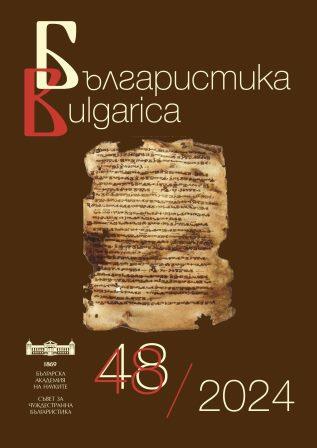
Defended PhD theses in Bulgaria in the field of linguistics, literature, history, folklore, ethnography and art studies.
More...

